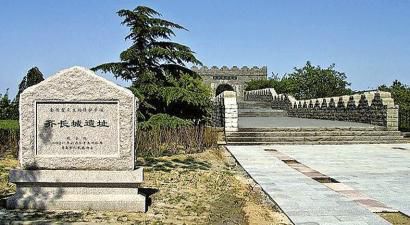Now the news continues.
A hydropower plant in Qinghai Province, northwest China, has been fined for releasing dirty floodwater and contaminating the tap water of a city in a neighboring province.
The power plant was fined 100,000 yuan, roughly 16,000 U.S. dollars, and its executive was detained for ten days for obstructing the investigation.
In early March, complaints were lodged about the strange odor and taste of tap water in Lanzhou, the capital city of Gansu Province.
Environment departments found that floodwater released into the Huangshui River by the power plant contained mud, sand and other deposits.
Eight officials from Qinghai and Gansu were punished, one of which was dismissed from post.
This is NEWS Plus Special English.
Beijing has completed the renovation of its 8,800-strong fleet of diesel buses, which will now discharge significantly less emissions.
The effort means that the buses will discharge 60 percent less nitrogen oxide annually.
The project follows standards on automobiles and their emissions, released by the city in 2013, that aimed to address loopholes in diesel vessel standards.
Officials say vehicles are a major contributor to Beijing's air pollution. The city has more than 5-and-a-half million vehicles, which churn out 700,000 tons of pollutants every year.
The city has promised to phase out 200,000 vehicles that fail to meet emission standards, as well as close down more than 300 polluting factories this year.

You are listening to NEWS Plus Special English. I'm Liu Yan in Beijing.
China has launched a project to restore the oldest part of the Great Wall, a stretch in the eastern Shandong Province.
The first phase of the project covers 61 kilometers of the Great Wall in Shandong. It will cost 208 million yuan, roughly 34 million U.S. Dollars.
The province will also launch projects this year to repair and protect the natural environment and ancient military facilities along the Wall.
The Great Wall in Shandong was built some 2,700 years ago, with a total length of 640 kilometers. It runs from the provincial capital Jinan in the northwestern part of the peninsula to the southern seashore near Qingdao city.
Over the centuries, more than 20 emperors in ancient China have built or renovated the walls and fortifications. The Great Wall of China was named a UNESCO World Heritage Site in 1987.












